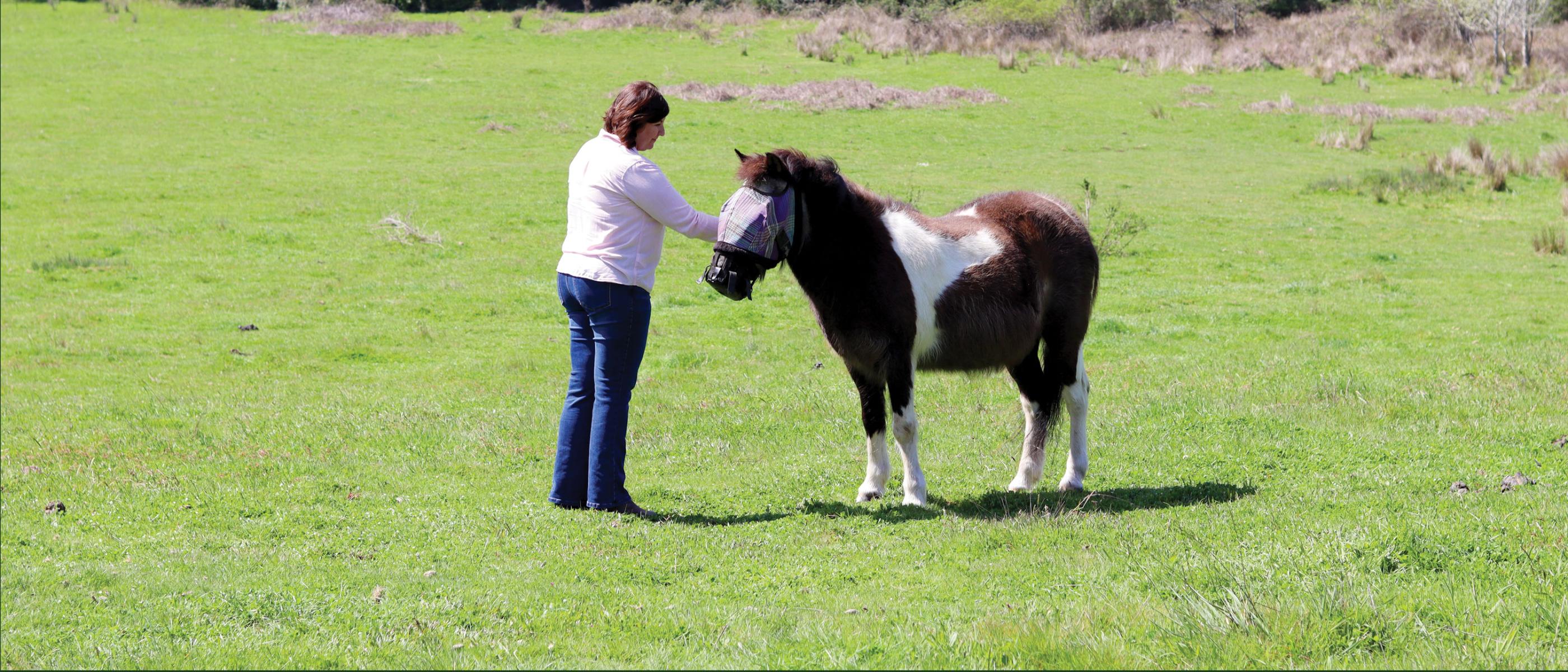


Extended Education
Learning for everyone.


Each of us has potential to positively impact our communities, our region, and our world. Thank you for making us a part of your journey.
CEEGE is on the 2nd floor of the Cal Poly Humboldt Student and Business Services Building (corner of Harpst and B streets). Hours are 9 a.m.-4 p.m., Monday-Friday.
Have questions? E-mail or call 707-826-3731.